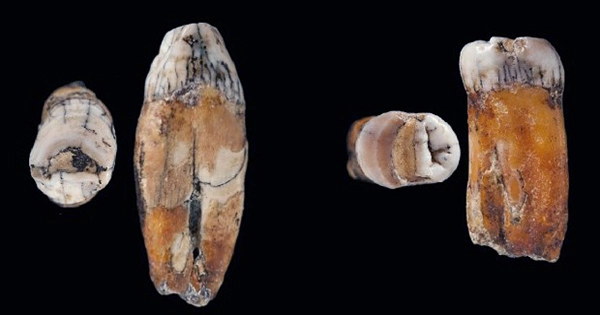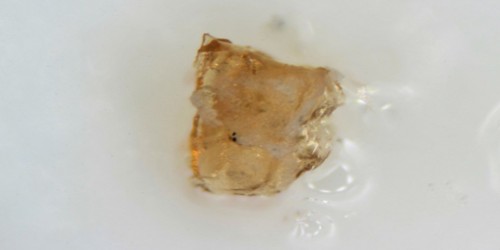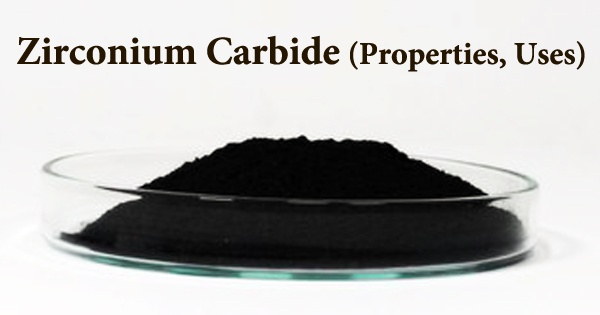Plant stress occurs when a plant grows in less-than-ideal conditions, which increases the demands placed on it. If the stress exceeds the plant tolerance limits, the effects of stress can lead to deficiencies in growth, crop yields, permanent damage, or death. Plant stress factors are divided into two categories: abiotic and biotic.
The biotic factors are the other organisms that share the environment and interact with the plants, whereas the abiotic factors are the various environmental factors that affect plant growth (such as light, water, and temperature) (such as pathogens and pests). Stress responses are typically characterized by complex molecular mechanisms, such as changes in gene expression and regulatory networks.
Plants produce salicylic acid, also known as aspirin, to protect themselves from environmental hazards such as insects, drought, and heat. A better understanding of this process could help plants withstand the increased stress caused by climate change.
We’d like to be able to use the gained knowledge to improve crop resistance. That will be crucial for the food supply in our increasingly hot, bright world.
Jin-Zheng Wang
Scientists from UC Riverside recently published a seminal paper in the journal Science Advances detailing how plants regulate salicylic acid production. The researchers studied Arabidopsis as a model plant, but they hope to apply their knowledge of stress responses in Arabidopsis cells to many other types of plants, including those grown for food.
“We’d like to be able to use the gained knowledge to improve crop resistance,” said Jin-Zheng Wang, UCR plant geneticist and co-first author on the new study. “That will be crucial for the food supply in our increasingly hot, bright world.”
Environmental stresses result in the formation of reactive oxygen species or ROS in all living organisms. Without sunscreen on a sunny day, human skin produces ROS, which causes freckles and burns. High levels of ROS in plants are lethal.
As with many substances, the poison is in the amount. At low levels, ROS have an important function in plant cells. “At non-lethal levels, ROS are like an emergency call to action, enabling the production of protective hormones such as salicylic acid,” Wang said. “ROS are a double-edged sword.”

The researchers discovered that heat, prolonged sunlight, or drought cause the sugar-making apparatus in plant cells to produce MEcPP, an initial alarm molecule. In the future, the researchers hope to learn more about MEcPP, which is also produced by bacteria and malaria parasites. MEcPP accumulation in plants causes the production of salicylic acid, which starts a chain of protective actions in the cells.
“It’s as if plants, like us, use a painkiller for aches and pains,” said Wilhelmina van de Ven, a UCR plant biologist and co-first study author. The acid protects the chloroplasts of plants, which are the site of photosynthesis, which is the process of converting water and carbon dioxide into sugars for energy.
“Because salicylic acid helps plants withstand stresses becoming more prevalent with climate change, being able to increase plants’ ability to produce it represents a step forward in challenging the impacts of climate change on everyday life,” said Katayoon Dehesh, senior paper author and UCR distinguished professor of molecular biochemistry.
“These effects extend beyond our food. Plants clean the air by sequestering carbon dioxide, provide shade, and serve as habitat for a variety of animals. The advantages of increasing their survival rate are numerous” She stated.
The signaling cascade in land plants is dependent on the action of the stress hormone. However, because algae do not use the hormone as a trigger for the signaling cascade, the cascade has an origin that is distinct from the hormone-dependent signaling framework. Surprisingly, this original mechanism, in addition to the well-known hormone-dependent mechanism that every biology student learns, still works in land plants.
















